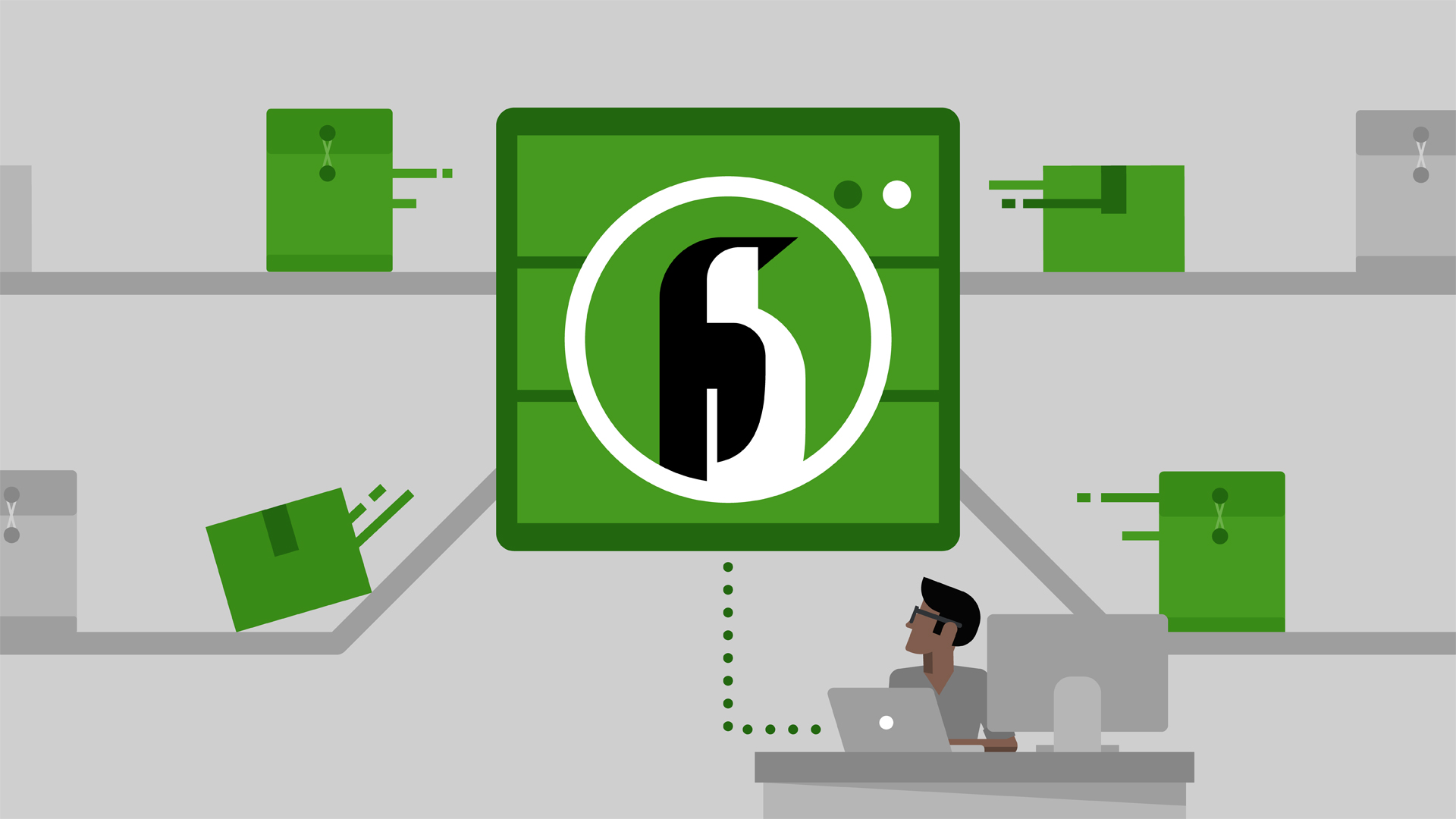
This article will show you how to setup and configure the Bind DNS Server. kindly follow the below steps to configure BIND DNS
Before you proceed, These are basic commands kindly click Commands Link
Step 1: BIND installation
Initially, we need to install the BIND and BIND Utilities packages using YUM
# yum install bind bind-utils -y
Step 2: Configure named
Next , we will open the BIND (named) configuration file and make several modification
# nano -w /etc/named.conf
Your “option” section should appear as follows, replacing 1.2.3.4 (with your ip)
options {options { #listen-on port 53 { 127.0.0.1; };
listen-on-v6 port 53 { ::1; };
directory "/var/named";
dump-file "/var/named/data/cache_dump.db";
statistics-file "/var/named/data/named_stats.txt";
memstatistics-file "/var/named/data/named_mem_stats.txt";
allow-query { any; };
allow-transfer { localhost; 1.2.3.4; };
recursion no;
dnssec-enable yes;
dnssec-validation yes;
dnssec-lookaside auto;
/* Path to ISC DLV key */
bindkeys-file "/etc/named.iscdlv.key";
managed-keys-directory "/var/named/dynamic";
};
Above ,Listen -on must be commented to listen on all available interfaces.
Next, we will need to add a new zone for our first domain, you should add the following to your named.conf below the existing zones.
zone "mydomain.com" IN {
type master;
file "mydomain.com.zone";
allow-update { none; };
};
Save and Exit
Step 3: Configure BIND Zones
Firstly, we will need to open the zone file ,
# nano -w /var/named/mydomain.com.zone
We will add the following content to our newly created file.You should replace the applicable information with your own ip.
$TTL 86400@ IN SOA ns1.mydomain.com. root.mydomain.com. (
2013042201 ;Serial
3600 ;Refresh
1800 ;Retry
604800 ;Expire
86400 ;Minimum TTL)
;Specify our two nameservers
IN NS ns1.mydomain.com.
IN NS ns2.mydomain.com.
; Resolve nameserver hostnames to IP, replace with your two droplet IP addresses.
ns1 IN A 1.2.3.4
ns2 IN A 1.2.3.4
; Define hostname -> IP pairs which you wish to resolve
@ IN A 1.2.3.4
www IN A 1.2.3.4
Step 4: Restart the service
# service named restart
Once named has started successfully, we will want to ensure that it is enabled as a startup service by following command
#chkconfig named on
You can verify that BIND is working correctly by following command.
# dig@1.2.3.4 mydomain.com
If you receive a response ,your nameserver has been configured correctly.
